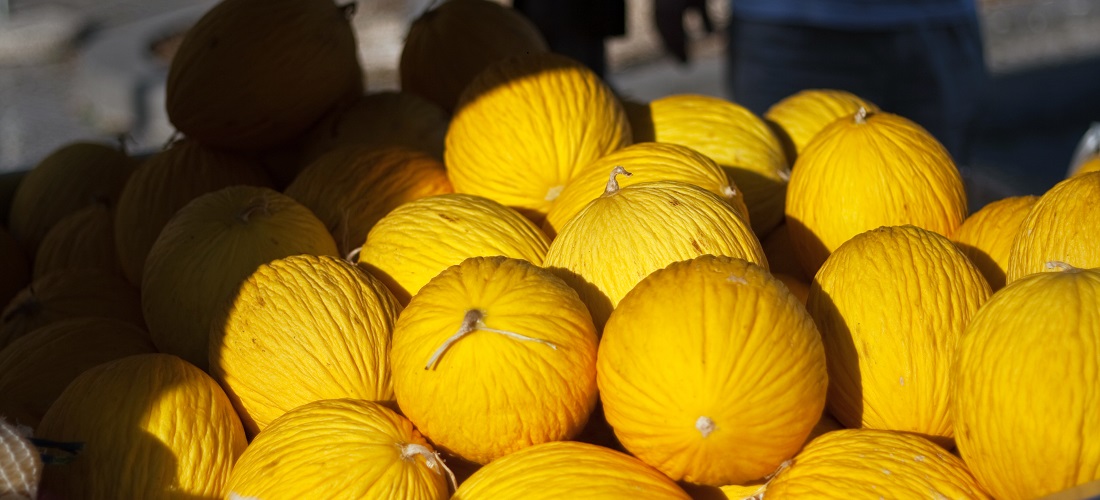
Why Brazil is still in its infancy in fruit exports
Oct, 01, 2024 Posted by Gabriel MalheirosWeek 202439
Brazil champions the export of the world’s most traded commodities but lags significantly in the global fruit trade, a higher-added-value market. Despite being the world’s third-largest fruit producer, the country falls short of ranking among the top exporters. Last year, Brazil exported just $1.2 billion worth of fruits, accounting for less than 1% of global exports.
The massive domestic market helps explain the modest export figures. “Most of the industry is geared towards the domestic market, which is less labor-consuming. We are one of the top three fruit consumers globally. Few dare to export, but the potential is enormous,” summarizes Marcos Jank, coordinator of the Insper Global Agro study center.
The lack of boldness to tap into the potential of the global tropical fruit market—such as mango, melon, grape, and avocado—can also be attributed to significant logistical and commercial challenges, which affect the competitiveness of Brazilian products and make the domestic market more attractive for producers.
“Year after year, we see situations where it is more profitable for producers to sell their goods domestically rather than export,” says Fernando Barbosa, co-founder and COO of MBR Company, a fruit export-focused business. Speed of delivery, reduced risk of quality loss, and quicker cash flow at good prices all factor into this decision, he adds.
Exporters report that the ports lack proper conditions for fruit storage and that ship delays of up to a week are common—an urgent concern for a sector dealing with perishable goods.
There is also a shortage of refrigerated containers, which are in high demand from Brazil’s globally competitive meat industry. Without suitable transport conditions, losses can be substantial.
“There was significant potential to sell grapes, mangoes, and melons to Asia, but we had an issue with shelf life. There were no logistical solutions that allowed these products to arrive faster, leading to considerable losses along the way. Not to mention domestic logistics, which also falls short,” Jank explains.
Chile and Peru, the leaders in fruit exports in Latin America, have invested in air logistics to ship fresh or chilled fruits, according to the Insper coordinator.
Lemon
Other obstacles often cited include the requirement for an international certification, which raises costs for producers, and the lack of standardization of exported fruits—a complaint from importers.
To address these challenges, MBR seeks to establish strategic partnerships with producers and strengthen relationships with clients—for example, the company has maintained an office in Barcelona, Spain, since 2018.
Trade Agreements
The success of neighboring South American countries in fruit exports offers some lessons for Brazil. One of these is the importance of trade agreements. “The leading fruit-exporting countries in Latin America, like Chile and Peru, have solid, longstanding agreements, especially with the United States and Europe,” says Jank.
The specialist acknowledges the efforts of recent governments to open up markets for Brazilian fruits but notes that it doesn’t always lead to growth in export volumes, suggesting a lack of competitiveness. “The producers are not prepared,” he says.
What Do We Export?
Last year, Brazil exported $1.2 billion in fruit, according to data from Abrafrutas (Brazilian Fruit Exporters Association). Melon leads the export list, accounting for about half of production. Mango is in second place, with 12% of its production exported.
The chart below shows which long-haul ports were the top destination for Brazil’s fruit shipments in the first eight months of 2024. The data comes from DataLiner. Readers may request further information below.
Fruit Export Destination Ports | Jan 2021 – Aug 2024 | TEUs
Source: DataLiner (click here to request a demo)
The leading exporting region is the Northeast, mainly the São Francisco Valley for mangoes and grapes, and the Mossoró region for melons and watermelons, according to Abrafrutas.
Source: The Agribiz
Click here to read the original reporting: https://www.theagribiz.com/depois-da-porteira/por-que-o-brasil-ainda-engatinha-nas-exportacoes-de-frutas/
-
Dec, 08, 2021
0
Argentine stock exchange estimates wheat crop at 22.1m tons
-
Shipping
Mar, 21, 2023
0
Maersk launches API-integrated reefer solution with shareable datalog
-
Other Cargo
Sep, 11, 2019
0
Tobacco shipments expected to exceed US$2bn by 2019
-
Shipping
Feb, 21, 2022
0
Firefighters struggle with burning electric vehicles aboard Felicity Ace



